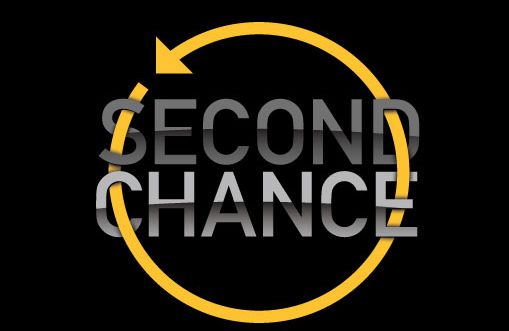 We all have in our lifetime needed at least one second chance. The barriers that inmates face in the reentry process, for some, can be a life or death situation.
We all have in our lifetime needed at least one second chance. The barriers that inmates face in the reentry process, for some, can be a life or death situation.
Every year state and federal prisons release more than 650,000 people back into society, a population equal to the size of Boston. Rather than providing the means for a successful transition, many states hurl prisoners out into the community with little or no support. Two thirds of released prisoners will re-offend and land back in prison with a price tag of over $30,000 per year.
During his state of the union address in 2004, then-president George W. Bush said “America is the land of the second chance, and then the gates of the prison open, the path ahead should lead to a better life.” Bush went on to sign the Second Chance Act, providing funding for prisoner reentry programs. But congress has since reduced and cut portions of a program that could save states millions in the cost of corrections.
Stable employment is critical for a successful transition into the community, but reentering individuals often encounter significant barriers in finding employment and housing upon release from prison. These barriers include low levels of education, limited vocational (or marketable) skills and limited work experience. Reentry programs have demonstrated the overwhelming need for employment and housing opportunities for prisoners released from prison and the need to facilitate the creation of jobs.
It’s understandable to be skeptical when it comes to having an ex-offender in your work environment. But did you know that if a business owner hires an ex offender, they could receive a tax credit, ranging from $2,400 to $9,900, depending on the employee? Not only that, there’s Fidelity bonding insurance that covers ex-offenders in the amount of $5,000, provided by the government and at no cost to the employer. It’s a win-win for both parties, but these incentives to hire an ex-offender are usually unknown, resulting in missed opportunities.
The Second Chance Act was passed to reduce recidivism, better society, and give those who deserve it a second chance at life. Truth is, resources are limited, though the RI Department of Corrections does its best to use what is available to make re-entry into society available. If Rhode Island were to utilize the Second Chance Act properly, or to create new legislation to help with these issues, there would be a difference in recidivism, homelessness, and crime.
- This post is published as part of the Prison Op/Ed Project, an occasional series authored by CCRI sociology students who are incarcerated at the Rhode Island Adult Correctional Institute. Read more here:
- ‘Prison Op/Ed Project’ teaches civic engagement, writing – Meghan Kallman
- Does racial injustice still exist? Look at our schools – Aaron Carpenter
- Rhode Island charges felons absurdly high court costs – Christopher Nemitz
- Public school students and inmates need more vocational training – Darnell Hie
- Prison policies put probation and vocational training at odds – Norman Johnson
- Corporate-modeled prison industrial complex doesn’t serve society – Adrian Rojas
- Incarceration is the new slavery – James Poston
- Justice isn’t blind with data-based sentencing – David Brown
- Ending welfare entitlements opened the door to disability fraud – Dan Davidson
- Post prison services would stem system’s revolving door – Michael Wheelock
- You’re vote doesn’t matter as much as your money – David Brown
- How schools emulate prisons, and prepare students for them – Richard Pimiental
- Cars that are good for society – David DeGrasse
- PTA involvement instead of prison mentality in schools – Mustapha Bojang
- Prison is about re-socialization, not corrections – Christopher Marsich
- ACI administrator praises Prison Op/Ed Project – Ralph Orleck
- Alcohol, incarceration and what it means to matter – Laura Baumgardner
- Was Myron Magnet a genius or just a Republican? – Danny Mercure
- Ike was right: Military industrial complex corrupted economy – Christopher Marsich
